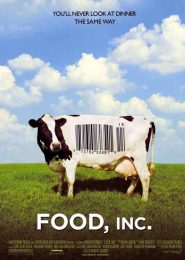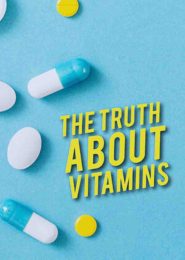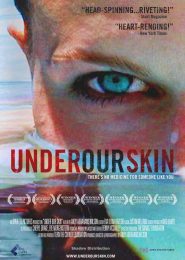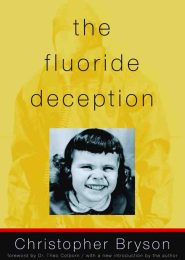Poisoned Land: The Rural Rise of Parkinson’s (2020)
In the documentary Poisoned Land: The Rural Rise of Parkinson’s, viewers are transported to the serene countryside, where seemingly idyllic orchards and vineyards harbor a hidden menace. Released in 2020, this eye-opening film explores the alarming surge in Parkinson’s disease cases among those who have chosen a life close to nature.
The Rural Paradox
Why are individuals living amidst lush greenery and rolling hills falling victim to Parkinson’s? The answer lies in the pesticides that permeate these picturesque landscapes. Farmers, gardeners, and vineyard workers—people who have embraced a supposedly healthy rural existence—are facing an unexpected health crisis.
The Pesticide Puzzle
Parkinson’s disease, a progressive neurological disorder, has long puzzled scientists. Yet, evidence points to a clear association between pesticide exposure and an increased risk of this debilitating condition. The substantia nigra pars compacta—a tiny region in the brain—houses dopamine-releasing neurons crucial for movement coordination. When these neurons die, the classic symptoms of Parkinson’s emerge: tremors, slowed movements, and rigidity.
The MPTP Revelation
The pesticide link gained prominence in the 1980s when a tragic incident involving a rogue chemist unfolded. MPTP, an impurity accidentally synthesized during an attempt to create “synthetic heroin,” ravaged dopaminergic neurons, mimicking advanced Parkinson’s. This discovery led neurologists to focus on farms and fields.
The Grim Statistics
Studies consistently reveal that pesticide exposure heightens the risk of Parkinson’s. A meta-analysis in 2000 confirmed this connection, and subsequent research supported it. The risk isn’t limited to farmers alone; exposed non-farmers face similar odds. The herbicide paraquat, structurally similar to MPTP, emerges as a potential culprit.
The Battle for Recognition
Despite mounting evidence, Parkinson’s is not yet considered an occupational disease in Germany. However, France recognizes the link. Sylvie Berger, a viticulture worker from Bordeaux—one of Europe’s major wine-growing regions—now grapples with Parkinson’s. Why does she receive an occupational disability pension, while others like Ulrich Elixmann, a German gardener, do not?
The Urgent Call
Poisoned Land isn’t just a documentary; it’s a call to action. We must demand transparency, advocate for stricter regulations, and protect those who toil in the fields. The rural rise of Parkinson’s demands our attention, compassion, and commitment to change.




